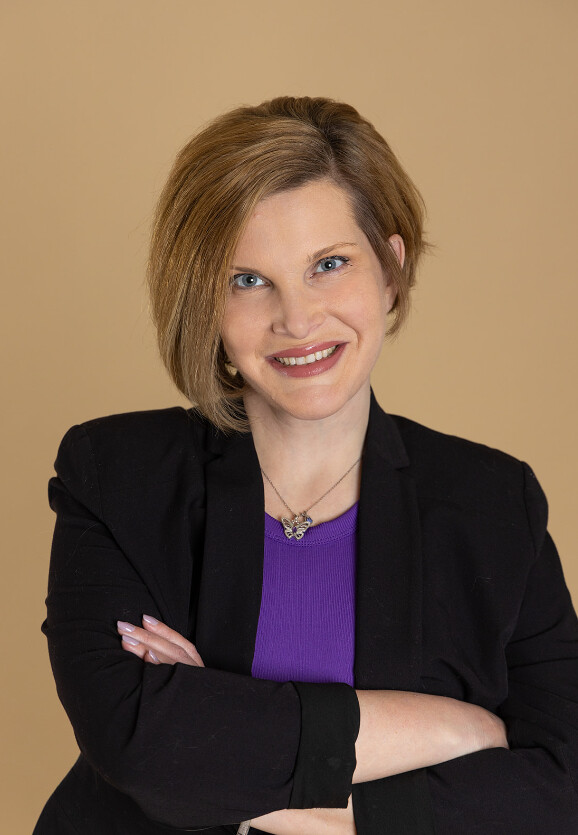We were lucky to catch up with Megan Fuciarelli recently and have shared our conversation below.
Megan, appreciate you joining us today. How did you come up with the idea for your business?
The idea for US² Consulting took root during my time as an educator, standing in front of classrooms, teaching students history that I later discovered was incomplete and often inaccurate. I was teaching what I was taught – and I was taught from a eurocentric viewpoint. I only saw positive depictions of those who looked like me and when I learned about those who were different from me, they were often stereotypical and often negative depictions. These lessons excluded the rich diversity of experiences and contributions that make up our world. I’ll never forget the moment it became clear that something had to change. A student asked, “Why do I only see black people when we talk about slavery?” That question struck me to my core. It wasn’t just an innocent inquiry—it was a reflection of how systems fail to represent entire communities aside from generalizations, leaving people feeling unseen and undervalued. In that moment, I realized that addressing these gaps couldn’t just be a side project or a personal passion. It needed to be a focused, deliberate effort—a business dedicated to rewriting these narratives, not just in schools but across organizations and communities. US² Consulting was born out of a desire to challenge the status quo and help individuals and organizations see the world—and themselves—through a truly inclusive lens.
When I first started US², I was still teaching and eventually moved into administration. It wasn’t until I retired from the school system that I incorporated US² and started working on this mission full-time.
The approach I envisioned for US² was unique from the start. Equity, diversity, and inclusion wouldn’t be just another initiative to check off a list; they would become the very lens through which decisions were made. Too often, organizations treat this work as a standalone program, disconnected from their core strategies and values. I wanted to show clients how embedding equity into the fabric of their decision-making could transform not only their outcomes but also their culture.
What also sets US² apart is our commitment to approaching this work without shame, blame, or guilt. These emotions often create defensiveness and resistance, preventing meaningful progress. Instead, we focus on fostering curiosity, empathy, and courage—helping clients see this journey as an opportunity for growth rather than a punishment for past mistakes.
The decision to build US² wasn’t just logical; it was deeply emotional. I felt frustration at the harm caused by incomplete narratives, determination to create something better, and hope for a future where people are seen, heard, welcomed, and valued for who they are, authentically themselves. I knew this approach would work because it addressed a real and pressing need. Schools were teaching incomplete histories, workplaces were operating with incomplete visions of inclusion, and communities were struggling to navigate these complexities. US² offers a roadmap to move from intention to impact.
Every time I see a client integrate equity into their decision-making process or hear from a student who finally feels represented in the curriculum, I’m reminded why I started this journey. US² isn’t just a business—it’s a movement to build a world where everyone’s story matters.
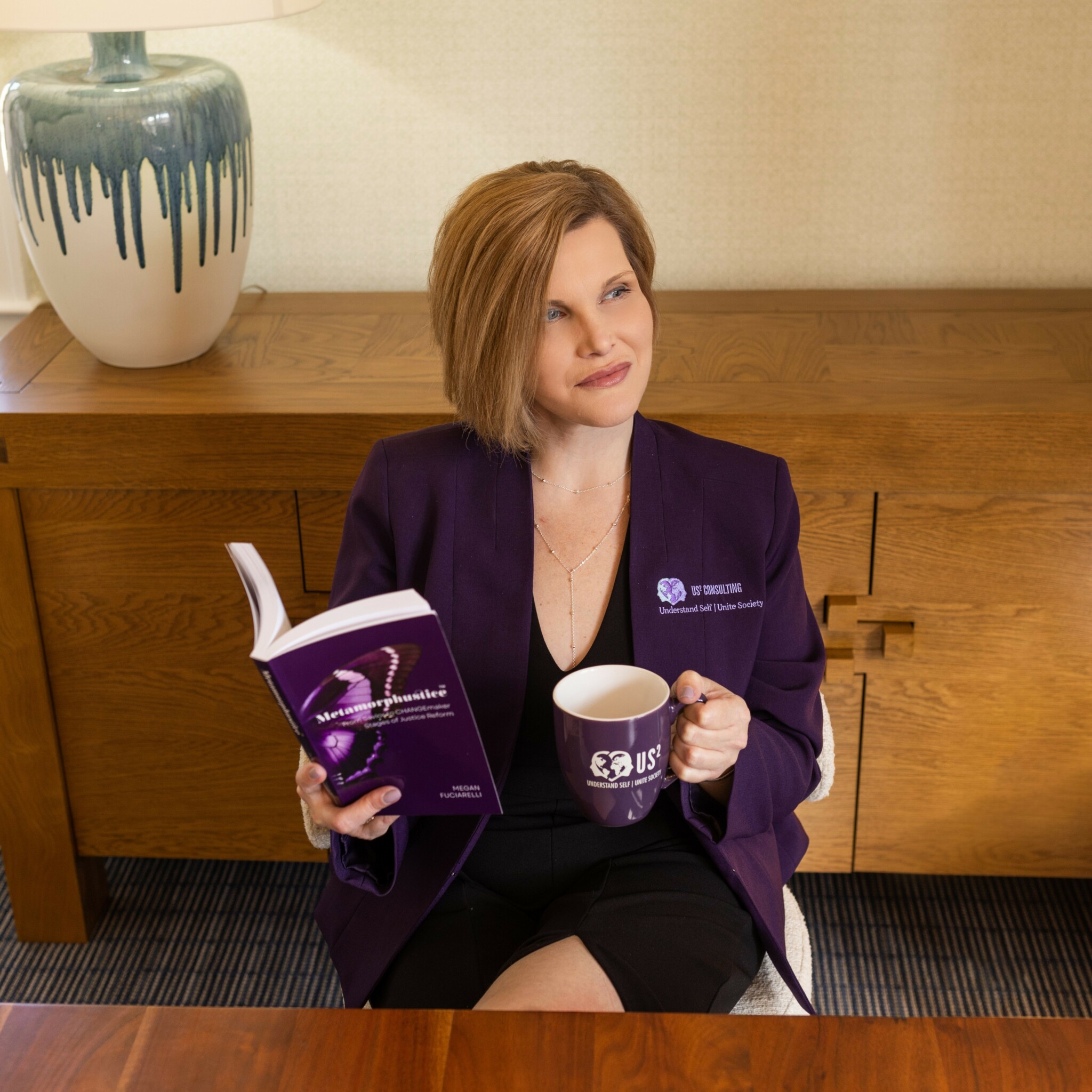
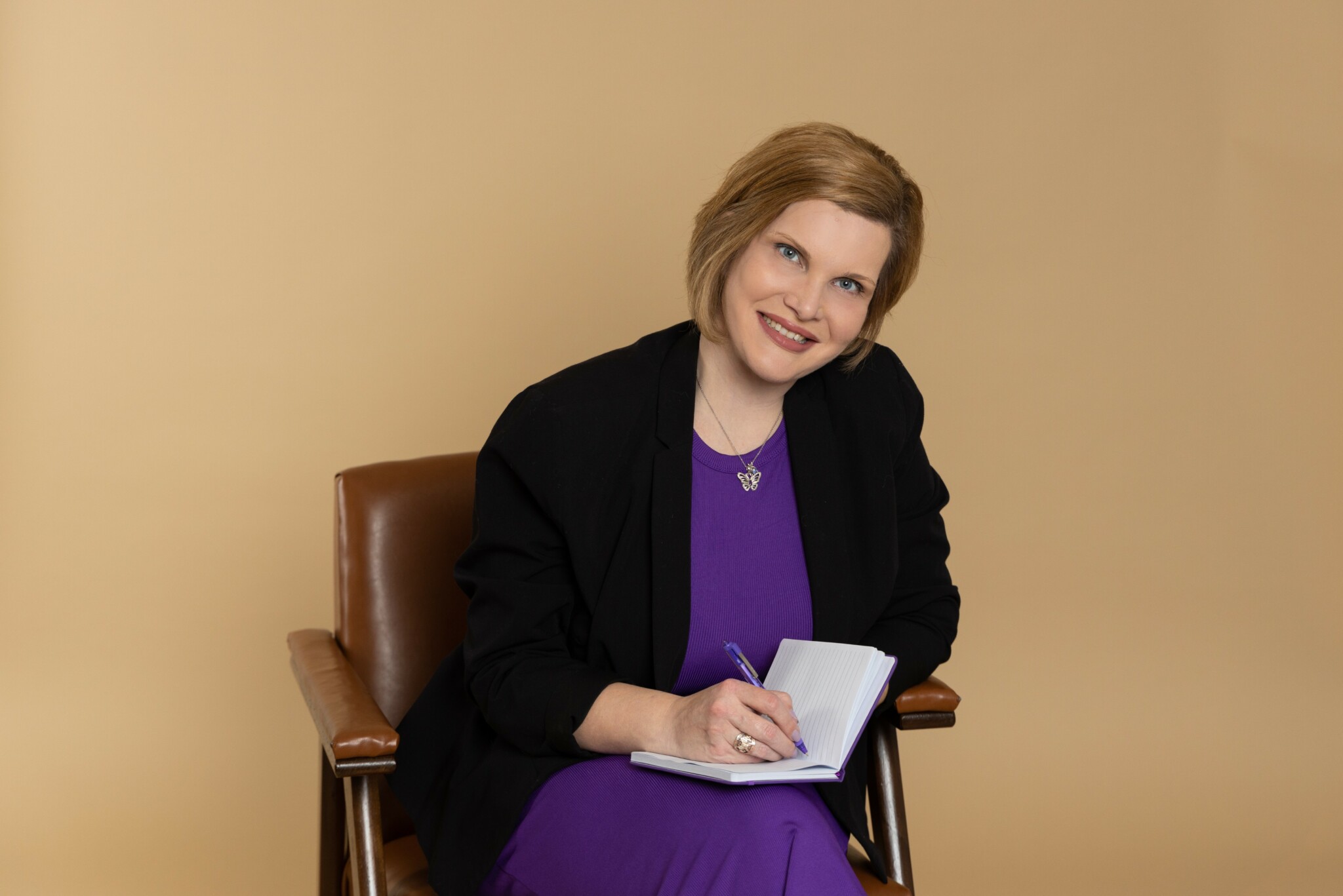
Awesome – so before we get into the rest of our questions, can you briefly introduce yourself to our readers.
My name is Megan Fuciarelli, and I’m the founder & CEO (Chief Empowerment Officer) of US² Consulting, a firm dedicated to helping organizations and communities embed justice, equity, diversity, and inclusion (JEDI) into their decision-making processes. Our foundational offering, the CHANGEmaker program, provides actionable tools and strategies to foster authentic transformation in organizations, from schools to corporations.
The idea for US² Consulting took root during my time as an educator, teaching history that I later realized was incomplete and eurocentric. I vividly remember the pivotal moment that shaped my mission: a student asked me, “Why do I only see Black people when we talk about slavery?” That question was more than an inquiry; it was a powerful reflection of systemic gaps in representation, leaving entire communities feeling unseen and undervalued. I realized then that these narratives needed rewriting—not just in classrooms but across all sectors of society.
Initially, I pursued this work alongside my teaching and administrative roles, but the need for change was far too significant to treat as a side project. After retiring from the school system, I dedicated myself full-time to US², creating a consultancy rooted in equity, inclusion, and empathy.
At US², we do things differently. Many organizations treat JEDI/DEI work as a checkbox exercise or a standalone program. We believe in making equity the lens through which all decisions are made, transforming both culture and outcomes. Our unique approach avoids shame, blame, or guilt—emotions that often stifle progress—and instead focuses on fostering curiosity, empathy, and courage. We create spaces where individuals and organizations can grow without fear, allowing them to address systemic inequities head-on and build lasting solutions.
One of the things I’m most proud of is our ability to take clients from intention to impact. Whether it’s a school revising its curriculum to represent diverse perspectives or a workplace creating an environment where all employees feel valued, the transformations we witness are profound. Every time a client achieves a breakthrough, it reaffirms the importance of this work.
What sets US² apart is not just our methodology but our belief in the power of authenticity. We help clients see the value in every individual’s story, understanding that inclusion isn’t about erasing differences but celebrating them. The work is challenging, but the results—a more inclusive world where everyone is seen and valued—are worth it.
For anyone considering working with us, I want you to know that US² Consulting is not just a business—it’s a movement. We’re here to partner with you on a transformation toward equity and inclusion, providing the tools, strategies, and support to create meaningful, lasting change. Together, we can rewrite narratives, reshape cultures, and ensure that everyone’s story matters.
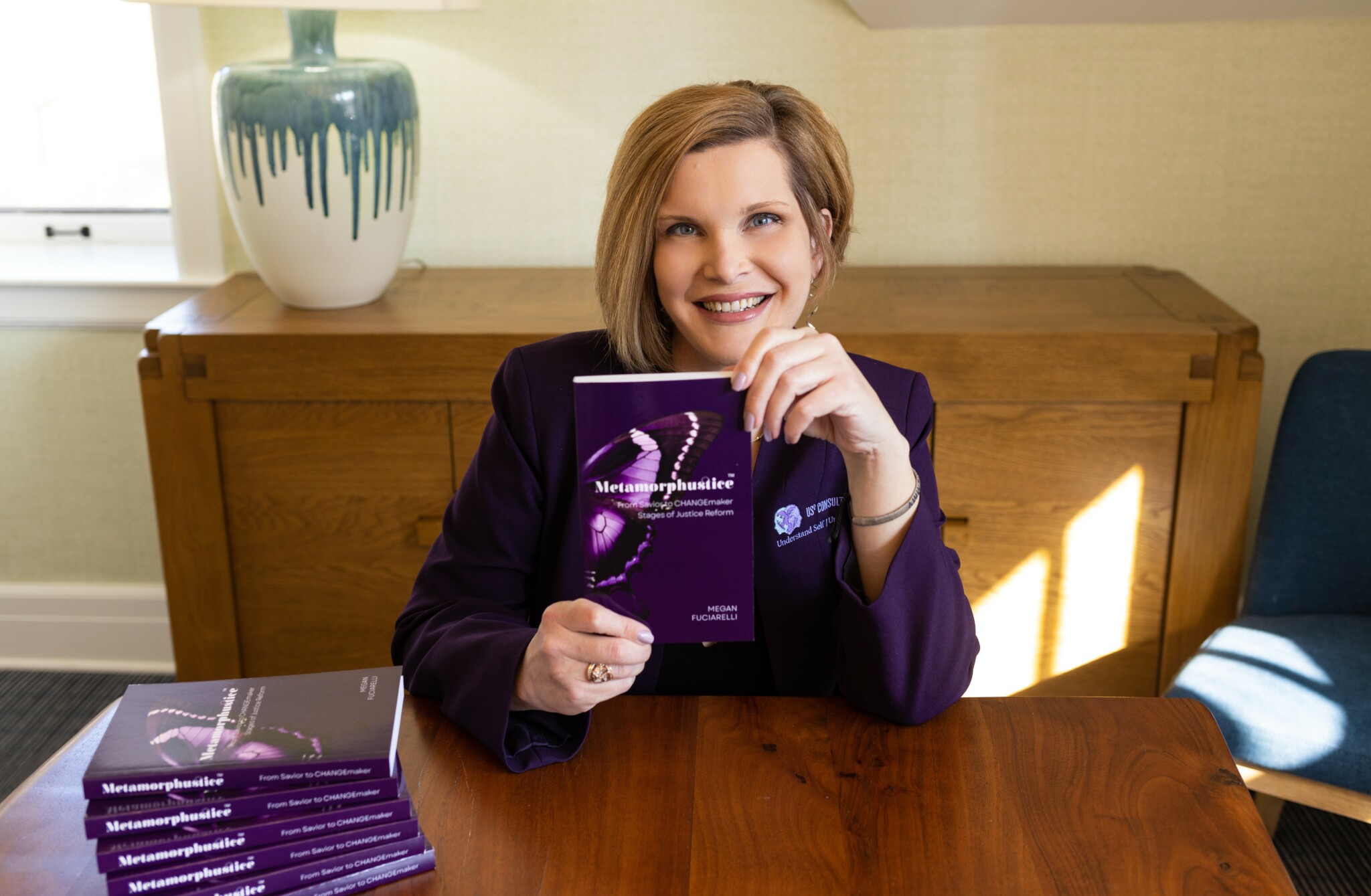
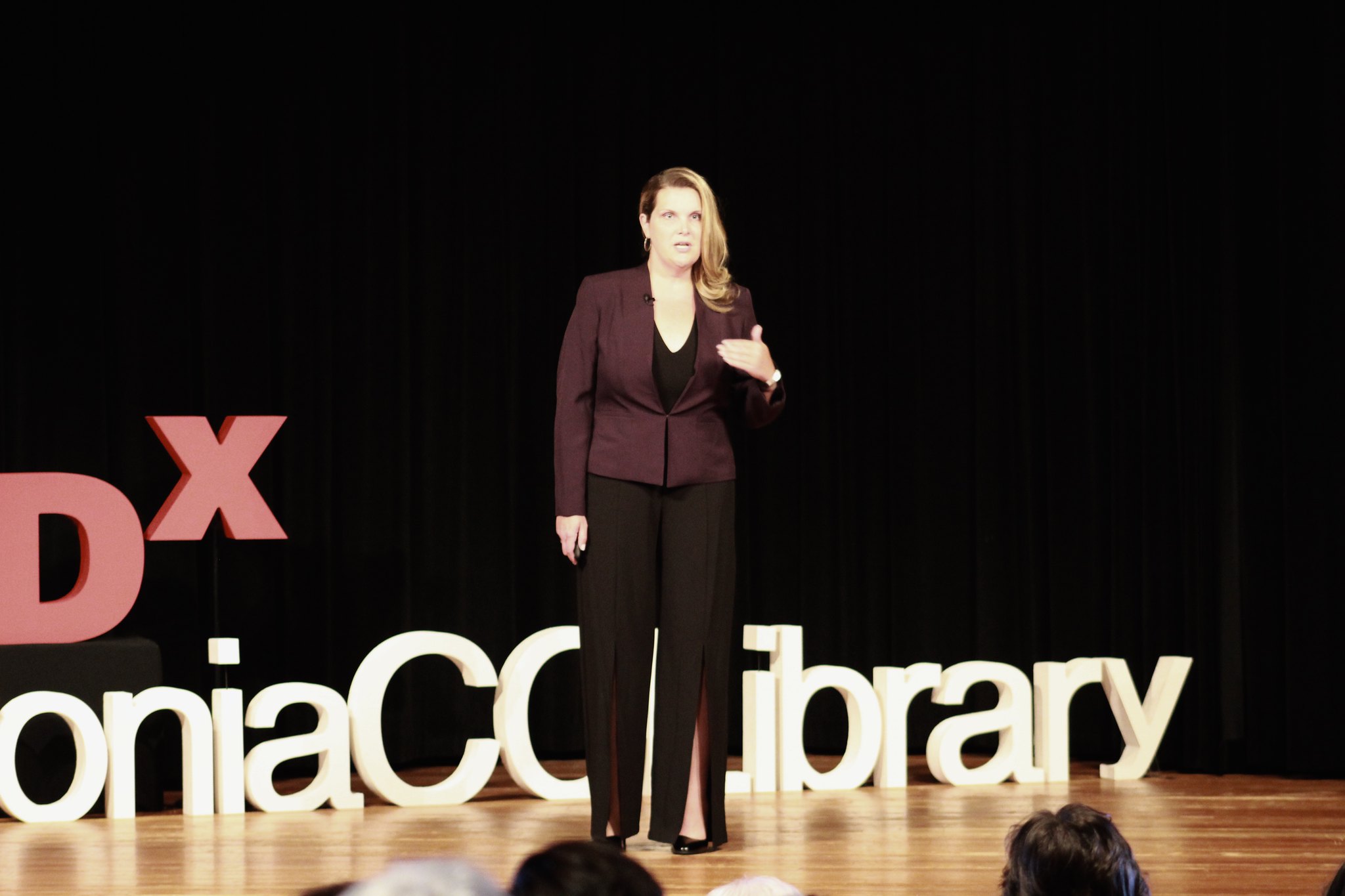
Any advice for managing a team?
Managing a team and maintaining high morale starts with understanding that people are at the heart of any organization. It’s about fostering an environment where individuals are seen, heard, welcomed, valued, supported, and empowered to contribute their unique strengths. Here are the principles I live by when it comes to leading a team: <b>Create Psychological Safety</b>
People thrive when they feel safe to take risks, share ideas, and admit mistakes without fear of judgment. As a leader, I work to create a space where team members know they are respected and their voices matter. This requires active listening, empathy, and a genuine commitment to understanding diverse perspectives.
<b>Lead with Clarity and Transparency</b>
High morale often stems from clarity. When people understand their roles, the team’s goals, and how their contributions fit into the bigger picture, they feel a greater sense of purpose. I make it a priority to communicate openly and often, sharing not only successes but also challenges. Transparency builds trust, and trust fuels morale.
<b>Celebrate Wins, Big and Small</b>
Acknowledgement goes a long way. Whether it’s a major milestone or a small step forward, I take time to celebrate the efforts and achievements of my team. This can be as simple as a heartfelt thank-you or as elaborate as a team celebration. Recognizing progress reminds people that their hard work matters.
<b>Invest in Growth and Development</b>
Teams flourish when individuals feel they are growing. I prioritize providing opportunities for professional development, whether through training, mentorship, or challenging assignments that stretch their skills. When people see that their leader is invested in their growth, they are more engaged and motivated.
<b>Model Work-Life Balance</b>
Burnout is the enemy of morale. I encourage my team to take breaks, prioritize self-care, and set boundaries—and I model this behavior myself. By showing that it’s okay to step away and recharge, I help create a culture where people feel supported in maintaining their well-being.
<b>Foster Connection and Inclusion</b>
People want to feel they are part of something bigger than themselves. I focus on building strong connections within the team, creating opportunities for collaboration, and fostering a sense of belonging. Inclusion is key—everyone needs to have a seat at the table and a voice in the conversation.
<b>Be a Consistent and Supportive Leader</b>
Leadership isn’t about being perfect; it’s about being consistent and dependable. I show up for my team every day, offering guidance, encouragement, and support when they need it. By being present and approachable, I help create a foundation of trust and stability.
High morale isn’t something that happens by chance—it’s cultivated intentionally through actions, empathy, and a shared commitment to the team’s success. When people are seen, heard, welcomed, valued, connected, and inspired, they bring their best selves to the work, and that energy becomes contagious.
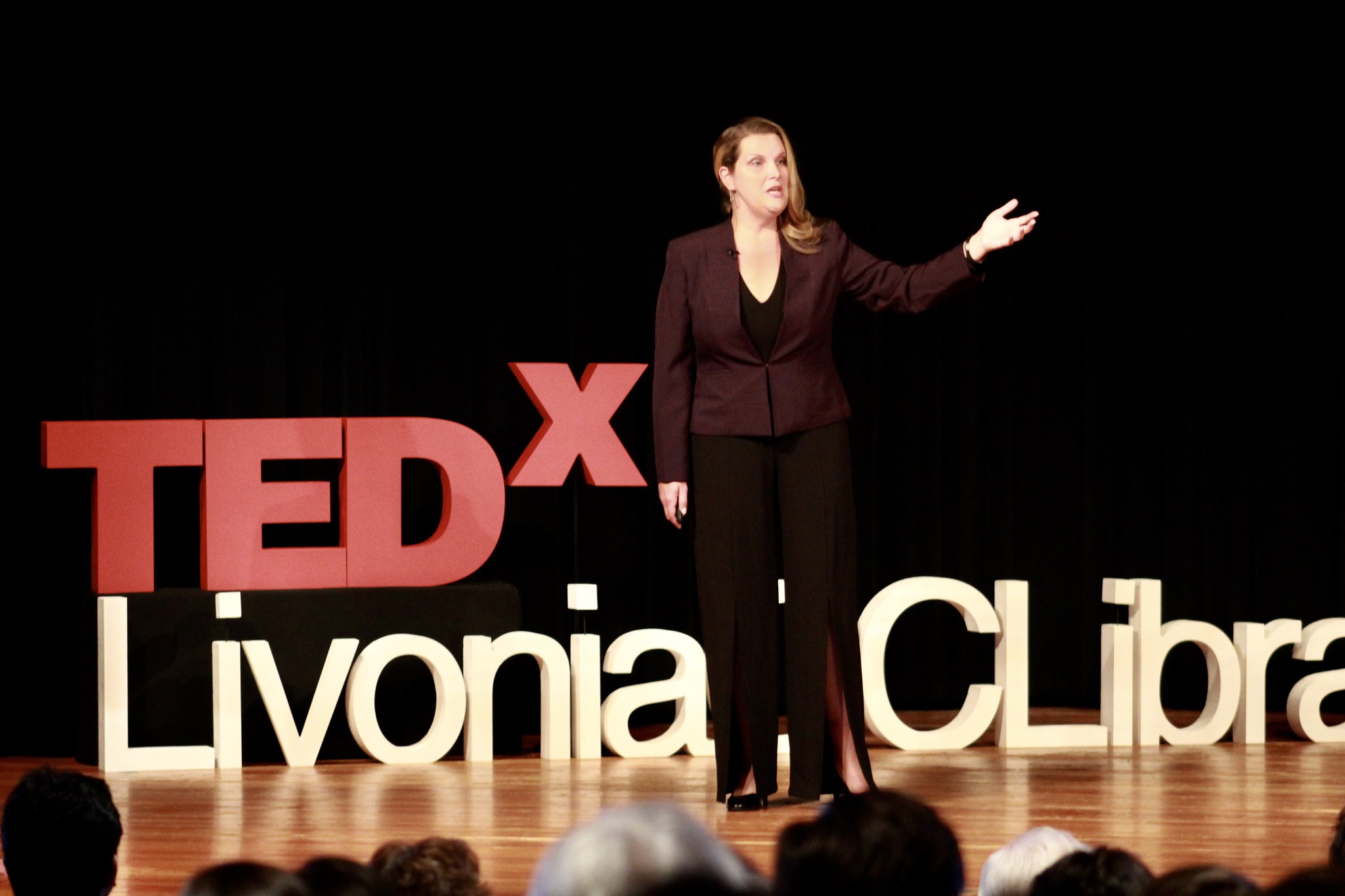
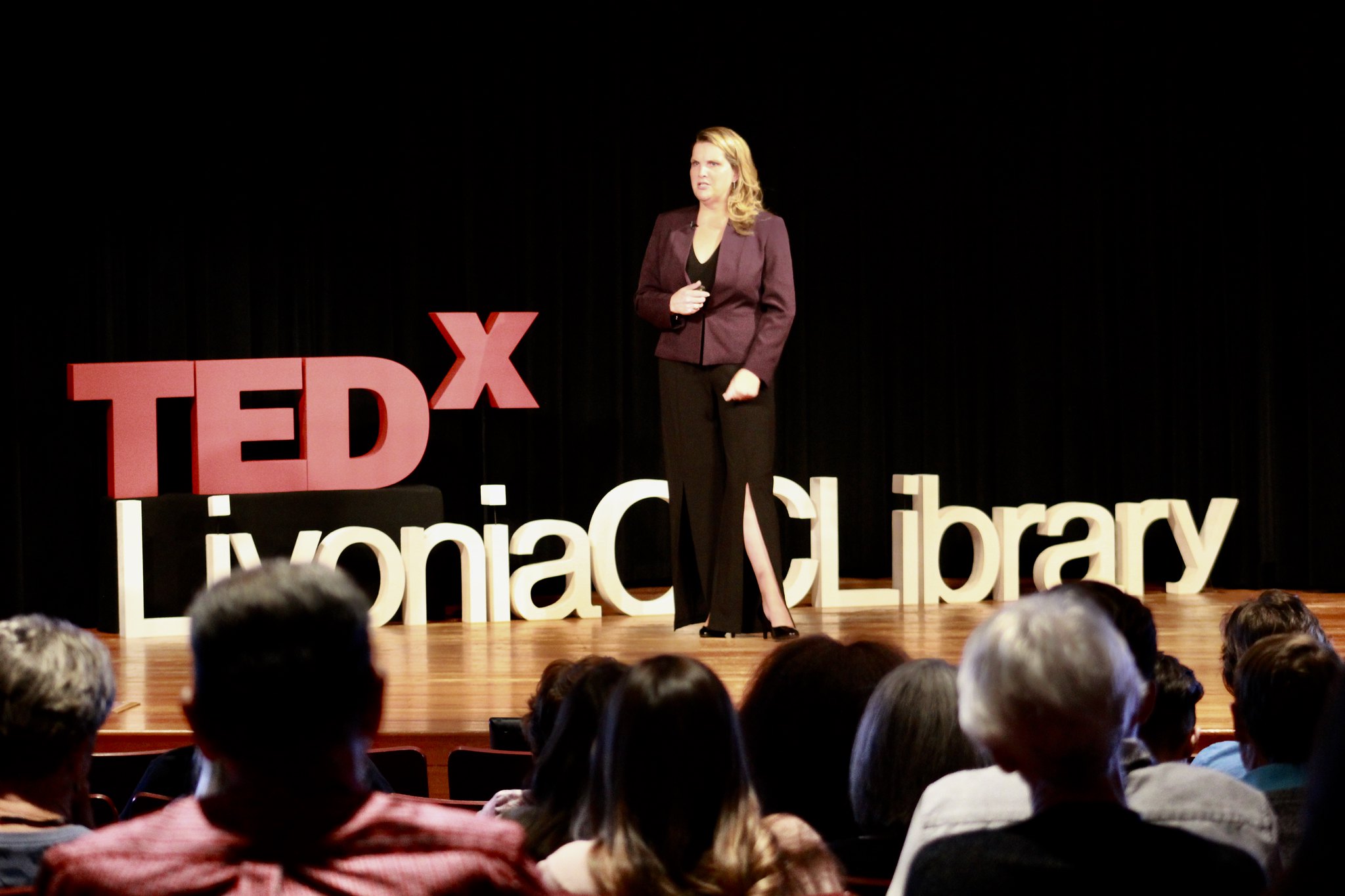
Can you share a story from your journey that illustrates your resilience?
Resilience has been a defining thread in my journey with US² Consulting. There have been moments when the very foundation of my work—advancing justice, equity, diversity, and inclusion—was called into question, but those challenges only strengthened my resolve. In 2020, an Executive Order was signed limiting the scope of diversity training in federal agencies, effectively branding the work I do as “divisive.” It was disheartening, not just because it dismissed the importance of addressing systemic inequities, but because it sent a chilling message to those of us striving to create more inclusive workplaces and communities. I could have let that moment silence me, but instead, I leaned into the values that drive my work. I reframed the narrative, focusing on how equity and inclusion are essential to innovation, teamwork, and societal progress. It was about showing people that this work isn’t about division—it’s about building bridges.
Then came the Dismantle DEI Act of 2024, which sought to undermine years of progress by restricting diversity, equity, and inclusion initiatives in public institutions. This was another significant blow, one that could have easily been demoralizing. But I saw it as a call to action. Instead of retreating, I adapted. I worked with clients to incorporate equity into their broader strategic goals, framing it as a lens through which decisions are made rather than a standalone initiative. This approach not only safeguarded their commitment to inclusion but also demonstrated the business and educational value of centering equity.
Through these challenges, I’ve learned that resilience isn’t just about weathering the storm; it’s about finding purpose in the struggle. Every roadblock reinforced the necessity of this work. It pushed me to innovate, to listen more deeply, and to remain steadfast in my mission to create spaces where everyone is seen, heard, welcomed, and valued.
These experiences also taught me to focus on what I can control: empowering others to understand the importance of equity and giving them the tools to embed it into their lives and organizations. Resilience isn’t just about standing firm in the face of adversity—it’s about evolving, adapting, and continuing to make an impact despite the obstacles.
What keeps me going is knowing that the work of US² Consulting matters. It matters to the students who deserve to see themselves reflected in their curriculum, to the employees who want to bring their full selves to work, and to the leaders who understand that diversity drives success. Every challenge has been a reminder that resilience isn’t optional in this field—it’s essential.
Contact Info:
- Website: https://us2consulting.com/
- Instagram: https://www.instagram.com/meganfuciarelli/
- Facebook: https://www.facebook.com/people/Megan-Fuciarelli/61556679891191/?_rdr
- Linkedin: https://www.linkedin.com/in/megan-fuciarelli-90003771
- Youtube: https://www.youtube.com/channel/UCAYdLoENV1xad2ZujPUXjog


